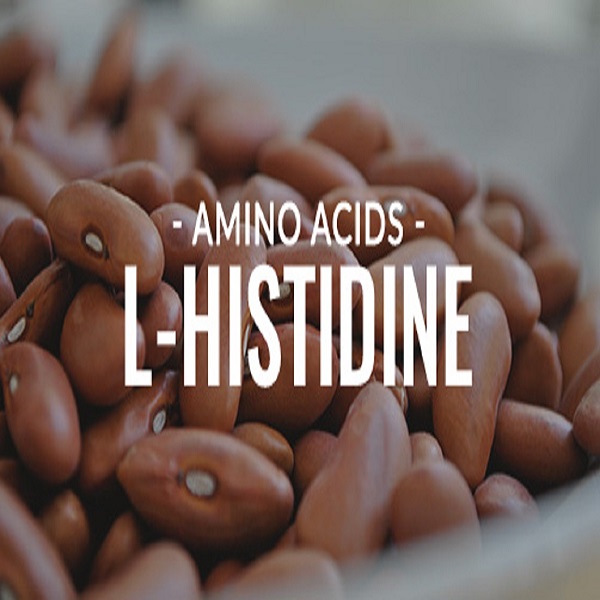L-histidine is a conditionally essential amino acid, so-called because adults generally produce adequate amounts of the substance but children quite often do not and must fill their needs through diet. Both plant and animal proteins are good sources of this amino acid, which is a building block of protein in your body. Apart from its central role as a protein component, L-histidine has demonstrated a variety of medicinal properties both anecdotally and in clinical studies. Consult your doctor before using L-histidine.
Produces Histamines
L-histidine is the chemical precursor to histamines, which play a central role in allergic reactions — the body’s response to the presence of substances it perceives as alien and potentially dangerous. In the “Principles of Orthomolecularism,” author R.A.S. Hemat explains that histamines are chemicals produced through the breakdown of histidine in the body’s tissues. Released in allergic reactions, those histamines set into a motion a series of physical changes, causing the dilation of capillaries, a drop in blood pressure, increased secretion of gastric acids, subcutaneous fluid leakage resulting in itchy skin and hives, and tightening of the smooth muscles of the bronchial tubes.
Eases Symptoms of RA
Inadequate blood levels of L-histidine are found in individuals with rheumatoid arthritis, or RA, and in those with arthritic synovial fluid, a clear, viscid lubricant secreted by joint membranes. Eric R. Braverman, M.D., author of “The Healing Nutrients Within,” points out that histidine is the only amino acid to be consistently abnormal in people with these conditions.
In explaining L-histidine‘s efficacy in the treatment of RA, Robert C. Atkins, M.D., author of “Dr. Atkins’ Vita-Nutrient Solution,” cites studies that showed the amino acid was quite effective in alleviating symptoms. Researchers gave participants in a study — all diagnosed with RA – daily doses of 1 to 5 g of L-histidine. After only a short period of treatment with L-histidine, patients displayed significantly improved grip strength and joint flexibility. Atkins, perhaps best known for the weight-loss diet that bears his name, speculates that the amino acid may work by regulating the immune system in a way that reduces inflammation.
Antifungal Properties
A team of Swedish researchers conducted both in-vitro and animal studies on the antifungal properties of histidine-rich glycoprotein, a multimodular plasma protein that is abundant in the human body. When the glycoprotein was added in-vitro to cells of Candida albicans, the histidine-rich protein bound itself to the fungal cells and caused a breakdown in cell walls, eventually destroying the fungus. Testing with laboratory mice produced similar results. Researchers published their findings in the August 2008 issue of “PLoS Pathogens.”
Combats Anemia
Robert A. Ronzio, author of “The Encyclopedia of Nutrition and Good Health,” says that L-histidine plays a central role in staving off anemia. The amino acid is a major building block for hemoglobin, the protein responsible for transporting oxygen within red blood cells. A deficiency of L-histidine can lead to anemia, according to Ronzio. Other symptoms of histidine deficiency include scaly dry skin and fatigue.
Post time: Mar-12-2020
